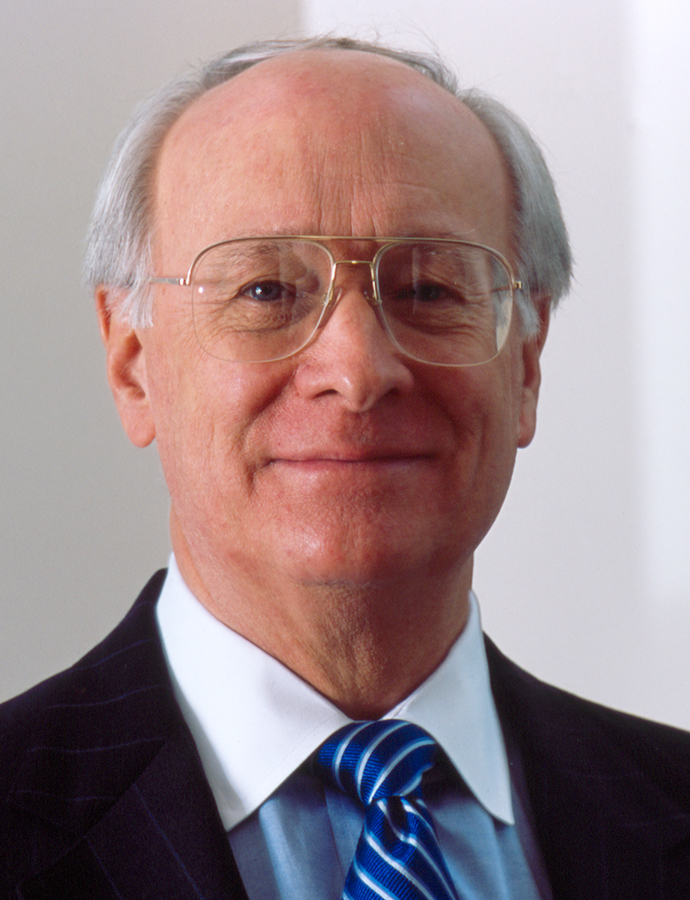Enhancing the Presidential Debates
 Written by John Norton Moore, Professor of Law, and former United States Ambassador
Written by John Norton Moore, Professor of Law, and former United States Ambassador
The presidential debates, beginning each four years as lengthy primary battles, and culminating with three debates between the Democrat and Republican nominees, are one of the best opportunities for the Nation to consider and address national issues and concerns. They are seminal national events in the extent of media coverage and the focus of the American citizenry. Yet few who witnessed the disappointing squabbles have a positive opinion as to their contribution to solving our serious national challenges.
When this lack of substance was evident early in the primary debates I sought out twelve of the Nation’s top experts in a range of principal issues affecting the Nation. I asked each to prepare a paper in their area of expertise to be sent to the candidates in both parties, as well as to the DNC and the RNC. The effort was non-partisan with presenters drawn from both parties. The speakers and their outstanding papers were then presented to the press over three sessions at the National Press Club in Washington, D.C. Sadly, the initiative received virtually no attention, either from the media or the candidates, and the debates hit a new low, which given the early debates, had not seemed possible.
The Nation faces grave challenges and these papers prepared by some of the Nation’s best experts are now on the internet for all to see. They address, with real substance, the principal issues facing the Nation and they contain innovative new approaches to the Nation’s problems. I would urge all interested in more serious ideas to check out the papers at focusingthepresidentialdebates.com or obtain the book J.N. Moore (ed.), The Presidential Debates: Issues and Questions for the 2016 Elections and Beyond (Carolina Academic Press 2016) (with all royalties waived) from Amazon.
Chapters of particular interest include Economic Growth, by John H. Cochrane, Defense & Security Policy, by Admiral Dennis C. Blair, a former Director of National Intelligence, Foreign Policy, by Chester A. Crocker, a former Chairman of the Board of the United States Institute of Peace, Social Security Optionality: Reducing the Wealth Gap, by Peter Ferrara, Immigration Policy, by Peter Skerry, Targeting Disease, by Dr. Steven R. Goldring, MD, Reducing Prison Populations: One of Many Needed Criminal Justice Reforms, by Harry R. Marshall, Relational Policing, by Chief Timothy J. Longo, Sr., and Supporting Democracy, Human Rights and Rule of Law, by David J. Kramer, a former President of Freedom House.
Collectively these papers point the way to restoring growth and jobs, strengthening national security, sensible reform of the immigration and criminal justice systems, reducing the burden of disease on the American population by more directly addressing promising basic research, reforming social security into a more normal retirement system offering real promise for enhancing the wealth of the American worker, reducing the deficit, reducing the tax burden, moving toward more effective community policing, reducing crime and drug abuse through more effective “rule of law” programs in our school systems, “right-sizing” government, and working more effectively for democracy and the rule of law. They deserve a broad audience.
- Stay on Track: Turning Resolutions into Results
- From “Jimmy Who?” to “What Would Jimmy Do?”
- Washington’s Bold Gamble: Christmas Day 1776
- Increasing Your Impact With Planned Giving
- UVA Club of Boston: UVA Men's Basketball Game Watches
- UVA Club of New Mexico: Cavs Care - Roadrunner Food Bank